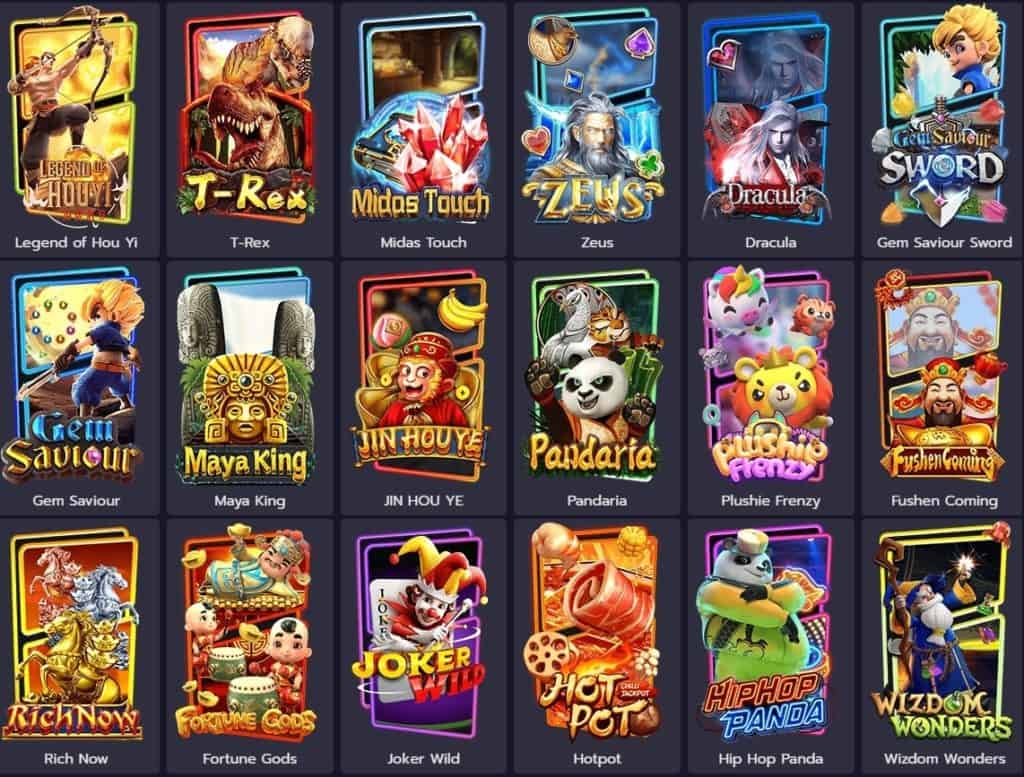
Whether you’re stepping into the world of forex trading education for the first time or are an experienced trader looking to refine strategies, the right education can make all the difference. Forex trading, with its extensive global reach and potential for profit, has captivated millions worldwide. However, success in this dynamic market requires more than just intuition—it demands a thorough understanding of trading fundamentals, strategies, and market analysis.
Why Invest in Forex Trading Education?
Forex trading involves simultaneous buying and selling of currency pairs. Each trade is affected by multiple factors like geopolitical events, interest rates, inflation trends, and market psychology. Education bridges the gap between raw speculation and informed decision-making.
Statistics reflect this need clearly. Research indicates that over 70% of novice traders incur losses within their first three months of trading, often due to a lack of foundational knowledge. Conversely, traders who invest time in structured educational programs report higher confidence levels and improved trading outcomes.
Types of Forex Trading Courses
Forex trading education is versatile, catering to traders of all levels. Here’s an overview of course levels and what each can offer you:
Beginner Courses
Perfect for those just starting out, these courses cover the basics, including how currency pairs work, fundamental terminology, and how to read trading charts. Learners are introduced to the concept of leverage, the significance of pip movements, and how to calculate profits and losses.
Intermediate Courses
For traders with some experience, intermediate courses emphasize technical analysis, chart patterns, and risk management techniques. Participants learn how to strategically use indicators like moving averages and Fibonacci retracement to identify potential market trends.
Advanced Programs
These are geared toward seasoned traders aiming for consistency and scalability in earnings. Topics include advanced risk-reward strategies, algorithm-based trading, and macroeconomic analysis. Here, traders develop a deep understanding of global events and their effect on currency valuation.
Self-Paced vs. Live Training
Another crucial aspect is the delivery method. While self-paced online courses offer flexibility, live webinars and workshops enable direct interaction with seasoned traders. Choosing the right format depends on your learning preferences and schedule.
Stay Ahead with Ongoing Education
The Forex market never stands still. Trends evolve, central bank policies shift, and global events reshape currency valuation. To remain competitive, continuous education is essential. Subscribing to updates, following market analysts, and refreshing trading strategies can transform trading setbacks into opportunities.
Whether you’re starting fresh or building on your existing skills, Forex trading education equips you with tools essential for navigating this exciting yet complex domain.

